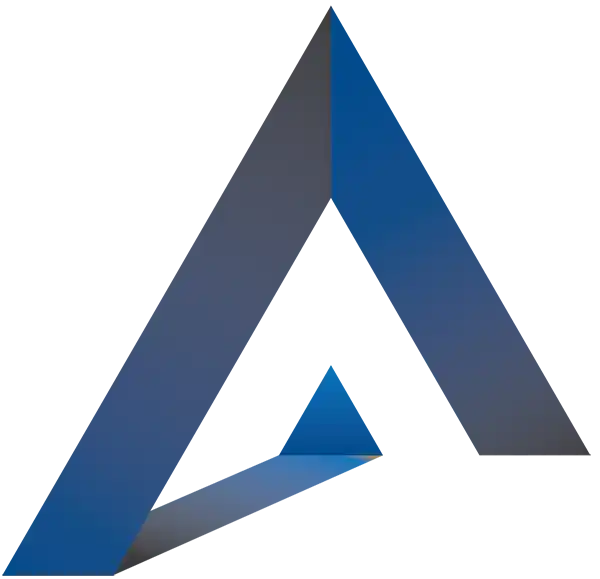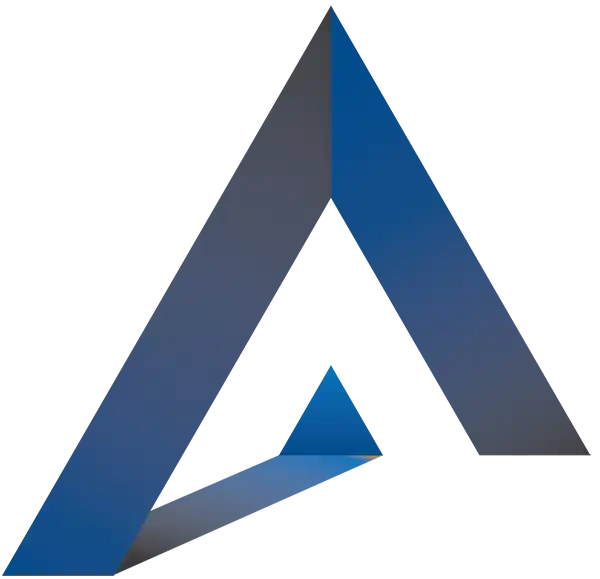Mortgage Blog
Getting you the mortgage you deserve
Understanding Mortgage Rates in Canada
November 21, 2024 | Posted by: Dominion Lending Centres National Advantage Mortgages
When it comes to securing a mortgage in Canada, understanding mortgage rates can be the key to saving thousands over the life of your loan. But what exactly are mortgage rates? How do they work?
And why should they matter to you when making one of your life's most important financial decisions? If these questions are running through your mind, you're not alone!
At DLC Advantage Mortgage, we are here to explain the process so you can approach your home loan with confidence and clarity.
Whether you’re a first-time homebuyer or looking to refinance, understanding mortgage rates and how they impact your payments can help you make more informed financial decisions. So, let's dive into everything you need to know about mortgage rates in Canada!
What are Mortgage Rates?
Simply put, a mortgage rate is the interest rate charged on a mortgage loan. This rate determines how much you will pay over the life of your mortgage, both in terms of your monthly payments and the total cost of borrowing.
Mortgage rates can vary depending on several factors, including the type of mortgage you choose, your credit score, the size of your down payment, and even the term of your loan.
In Canada, mortgage rates typically fall into fixed and variable categories.
Fixed vs. Variable Mortgage Rates
1. Fixed Mortgage Rates:
○ A fixed mortgage rate stays the same throughout the term of your loan. This means that your monthly payments will remain predictable, which can provide peace of mind if you prefer stability and dislike surprises. Fixed mortgage rates are often higher than variable rates, but they can offer security significantly if interest rates rise in the future.
2. Variable Mortgage Rates:
○ A variable mortgage rate can change over time based on the market's fluctuations. While variable mortgage rates are often lower than fixed rates initially, they come with more risk, as your payments can increase if rates rise. However, you could benefit from reduced costs if market rates go down.
At DLC Advantage Mortgage, we help you understand both options and determine which suits your needs, whether you want predictability or the potential to save if rates go down.
Factors That Influence Mortgage Rates in Canada
Several key factors play a role in determining mortgage rates in Canada. Here are a few to consider:
1. The Bank of Canada’s Key Interest Rate
The Bank of Canada (BoC) significantly influences mortgage rates. When the BoC raises or lowers its key interest rate, financial institutions adjust their rates accordingly. As a result, the mortgage rates offered to consumers can change depending on whether the central bank is tightening or loosening monetary policy.
2. Your Credit Score
Your credit score is one of the most significant factors affecting your mortgage rate. Lenders use your score to assess your creditworthiness. A higher score generally means a lower mortgage rate, as lenders see you as less of a risk. On the other hand, a lower credit score might lead to a higher rate or more stringent terms.
3. The Size of Your Down Payment
A larger down payment typically results in a better mortgage rate. If you can put down 20% or more, you’ll avoid paying mortgage insurance and may secure a lower rate. The more equity you have in your home, the less risk the lender takes on, and the better the rate you could qualify for.
4. Term of Your Mortgage
The length of your mortgage term also impacts your mortgage rate. A shorter-term mortgage (e.g., 5 years) typically comes with a lower rate than a longer-term loan (e.g., 25 years). This is because lenders prefer the certainty of a shorter loan, which reduces their exposure to fluctuations in interest rates over time.
How to Shop for the Best Mortgage Rates
When looking for the best mortgage rates, it is essential to compare different offers from various lenders. As a mortgage broker, DLC Advantage Mortgage can help you access competitive mortgage rates from a network of trusted lenders, ensuring you find the correct rate for your financial situation.
Here are some tips for shopping for the best mortgage rates:
- 1. Don’t settle for the first offer: Get multiple quotes from different lenders to compare rates.
- 2. Consider the terms: Look beyond just the rate and consider factors like penalties, fees, and the flexibility of the mortgage.
- 3. Ask about prepayment options: Some mortgages allow you to pay off more than your required payment without penalty, saving you money in the long run.
Locking in a Mortgage Rate
Once you’ve found the mortgage rate that works for you, you might be able to lock it in. Locking in your rate means the lender guarantees your rate for a specified period, even if mortgage rates rise. However, it’s essential to check if there are any penalties if you break the mortgage early.
At DLC Advantage Mortgage, we’ll help you decide whether locking in your rate makes sense based on market conditions and your situation.
Why Work with a Mortgage Broker?
Navigating the world of mortgage rates can be tricky, but a mortgage broker can make the process easier. Here’s how:
- 1. Access to multiple lenders: As brokers, we work with various lenders and can often get you better mortgage rates than you’d find at a bank.
- 2. Expert advice: We’ll guide you through the process and help you understand the factors that affect your rate.
- 3. Time savings: We handle the paperwork and research, so you don’t have to.
If you’re looking to find the best mortgage rates in Canada, DLC Advantage Mortgage can help you every step of the way.
FAQs
1. What is the difference between a fixed and a variable mortgage rate?A fixed mortgage rate remains constant throughout the mortgage term, while a variable mortgage rate changes according to market conditions.
2. How does my credit score affect my mortgage rate?A higher credit score usually means a lower mortgage rate, as lenders see you as less of a risk.
3. Can I negotiate mortgage rates?Many lenders are open to negotiating mortgage rates, especially if you have good credit or a sizable down payment.
4. What happens if mortgage rates increase after I lock in my rate?If you lock in your rate, you will not be affected by rate increases for the duration of your rate lock.
5. Should I shop around for mortgage rates?Absolutely! Comparing mortgage rates from multiple lenders can help you find the best deal for your financial situation.
Conclusion
Understanding mortgage rates is essential when making one of your life's most significant financial decisions. Whether you choose a fixed or variable rate, several factors can influence your mortgage rate, including the Bank of Canada's key interest rate, your credit score, and the size of your down payment.
At DLC Advantage Mortgage, we help Canadians navigate these complexities and secure the best mortgage rates available.
Ready to get started? Contact DLC Advantage Mortgage today to find the right mortgage solution for your needs!

